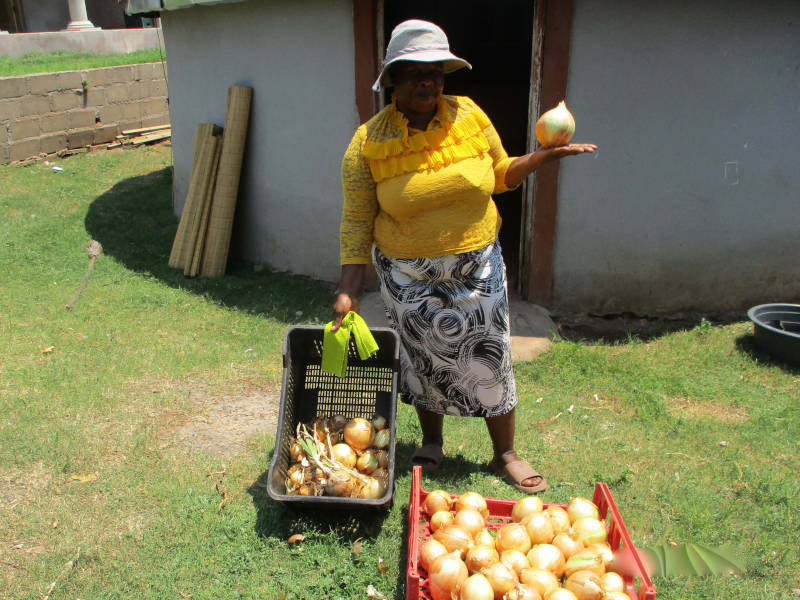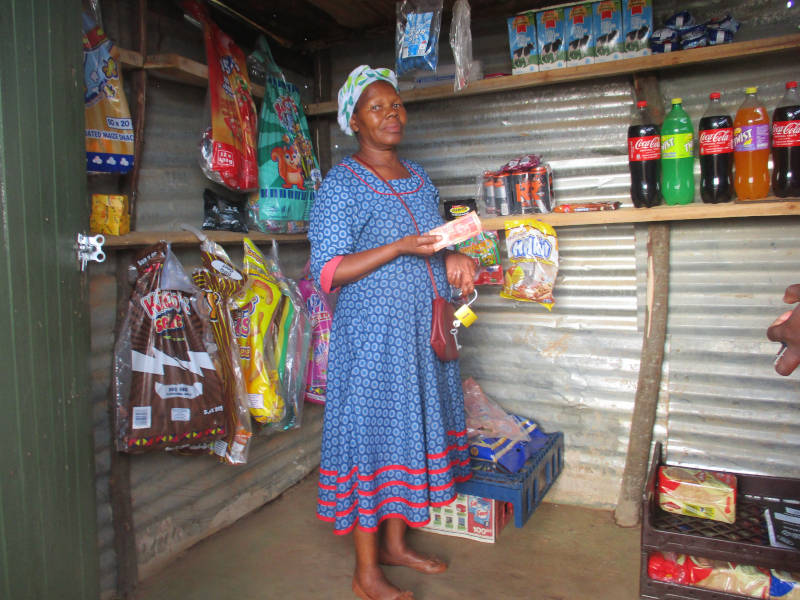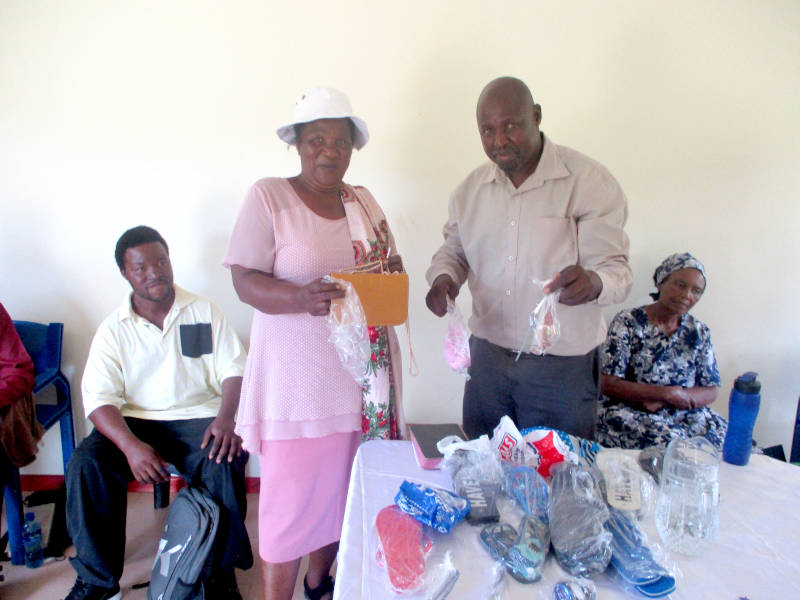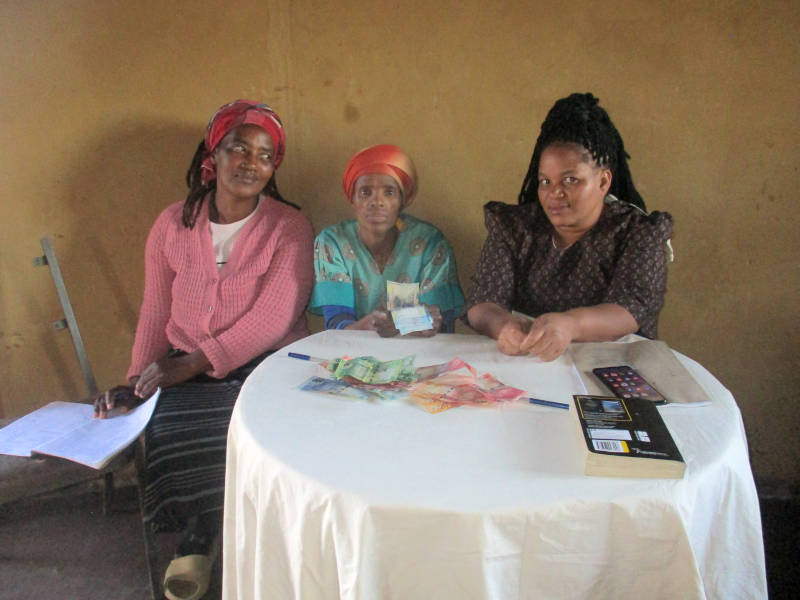PROGRAMMES
Entrepreneurial Development Programme – EDP
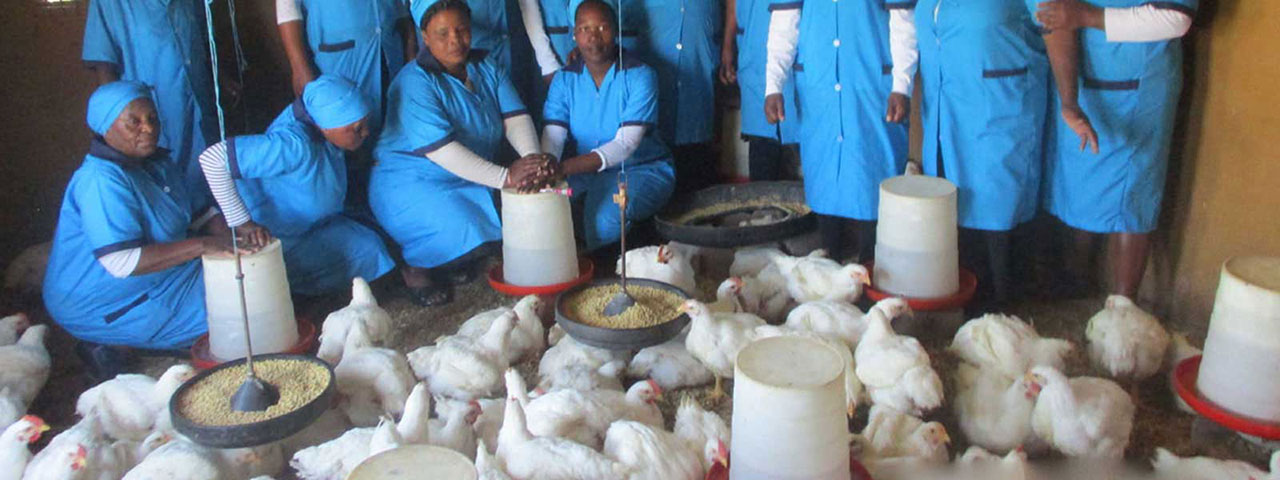
Overall purpose
The overall purpose is to use entrepreneurship as a means to enable disadvantaged rural families to overcome poverty in a sustainable way and to influence and assist others to achieve the same.
EDP Objectives:
- To provide the most vulnerable rural families with the opportunities, passion and capacity.
- To become members of sustainable community structures.
- To achieve self-reliance and sustain an ever-improving quality of life.
- To address the causes of poverty.
- To have a profitable business that will be a role model.
- To create an awareness and understanding of HIV and AIDS with a special focus on causes, symptoms, transmission, avoidance, stigma and management of the virus.
- To promote, encourage and offer an alternate lifestyle and the reconstruction of families.
- To promote community based support and care.
- To influence, motivate and assist others to achieve these objectives. Strategies to achieve the EDP’s objectives:
- Identify the target group and form Groups of 5.
- Promote, teach and facilitate household food security through food gardens.
- Stimulate economic activities and establish Profitable Small Businesses.
- Identify and capacitate Community Volunteers to assist in implementing the programme.
- Promote and facilitate the establishment of strategic partnerships including sustainable Community Structures.
Key Activities
The Strategies are implemented through the following key activities: planning, monitoring, evaluation, staff training, extension, education and training, networking and referral.
Key Activities
The Strategies are implemented through the following key activities: planning, monitoring, evaluation, staff training, extension, education and training, networking and referral.
Use of Sustainable Practices
EDP promotes the use of:
- Sustainable business practices such as bookkeeping, marketing, planning, costing, mark-ups, problem solving, and natural resource management.
- Sustainable development practices such as ownership, participation, self-reliance, multiplication, democratic principles, networking, referral, general education and training, and a focus on women as the “window” to the family.
Planning, Monitoring and Evaluation (PME)
The Programme has a PME system that focuses on the following main elements:
- Programme Performance: Key Performance Indicators (KPI’s) have been identified to measure the progress and achievements of SAP, with particular emphasis on the objectives, strategies and activities. A monthly progress monitor is produced to track all the KPI’s.
- Impact Assessment: Indicators are used to measure the impact of SAP on participants. The Impact Indicators cover the broad areas of change in the target group namely, Appearance, Behaviour, Sustainable Agricultural Practices, Finance, and Community Structures. These indicators are linked to a baseline survey form, which is completed for each participant and used as an instrument against which change can be measured and assessed. The Programme Impact is normally measured through evaluations, which are conducted from time to time.
- Field audits: A field auditing system has been developed to assess the performance of field staff.
The benefits of the EDP programme for the target group:
- Produce surpluses from their food gardens for increased income.
- Address their basic needs in addition to food, ie. housing, animals, education of children, etc.
- Enjoy increased self esteem and confidence.
- Make appropriate use of natural resources.
- Develop literacy and numeracy competencies (if they decide to enlist for ABET).
- Benefit from appropriate exposure, awareness, education and home based care regarding HIV and AIDS
- have myths surrounding HIV and AIDS addressed and dispelled
- feel encouraged to go for tests
- enjoy a better and even an in-depth knowledge and understanding of the virus, re-infection and the limited value of condoms
- understand and accept the need for behavioural change in sexual practises
- want to help with HIV and AIDS work in their communities
- Establish sustainable household food security leading to improved family health, and boosting the potential of their children both physically and mentally.
- Role models in enterprise development will be established in the community.
- Establishment of business groups and community governing boards with their benefits of implementing their own development programme.
- Sustainable enterprises will be promoted and established with the benefits of:
- producing locally and keeping money within the community
- acquisition of business skills
- access to affordable small loans
- increased economic activities
- potential work opportunities for others
- employment and self-employment

